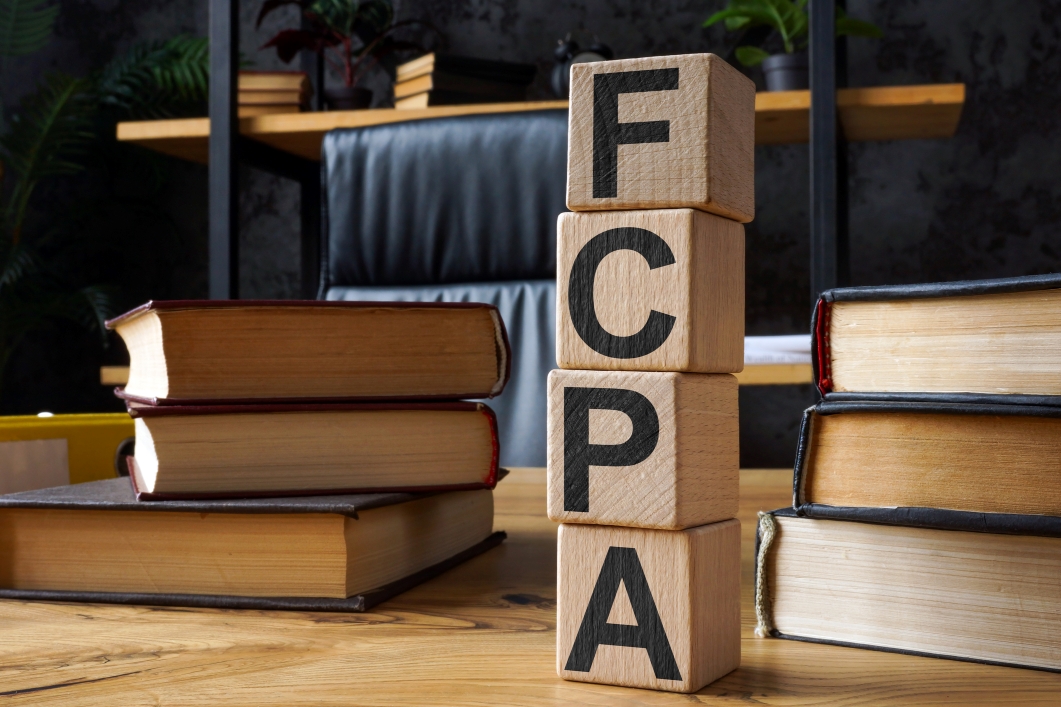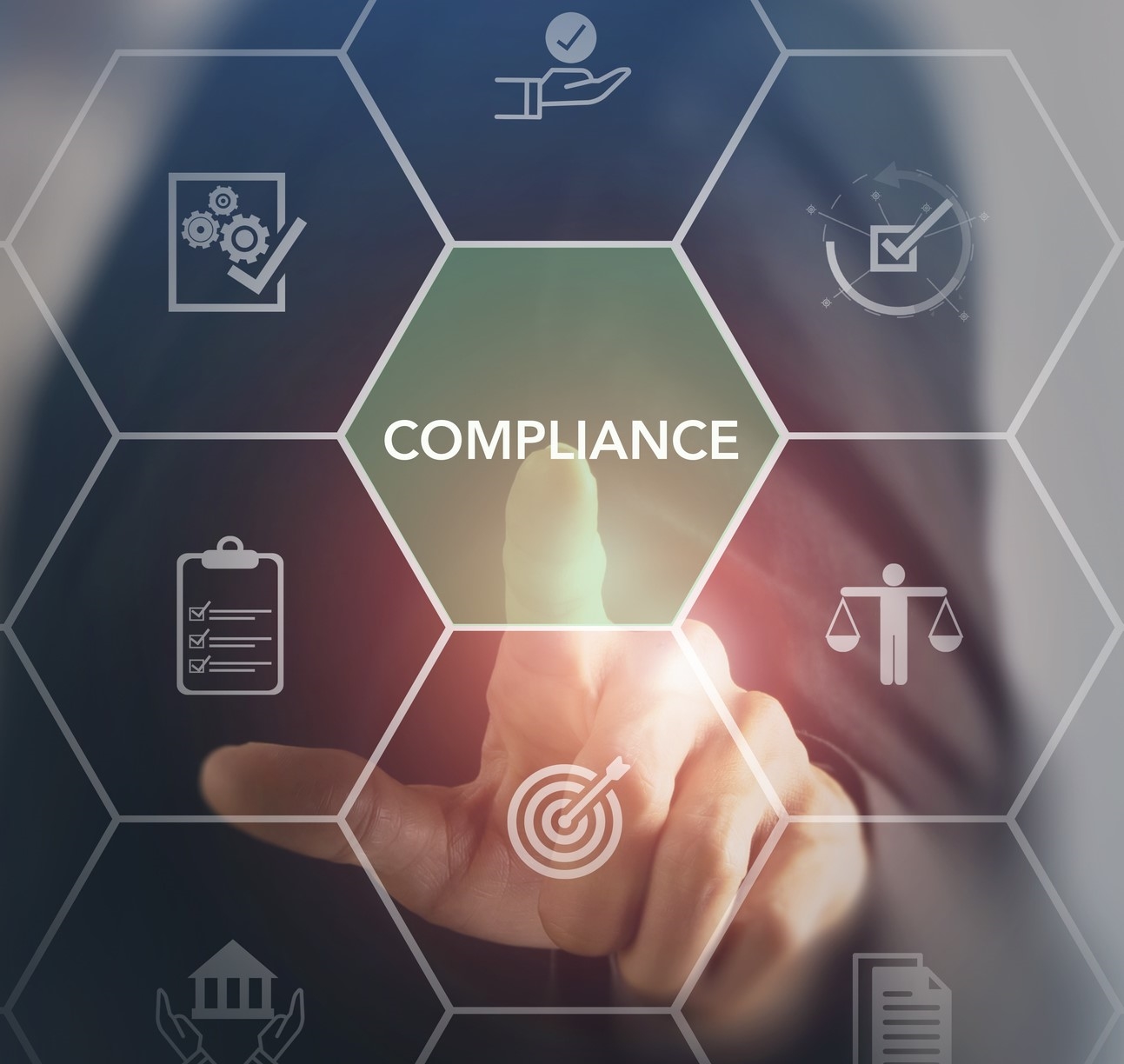Explore the Directives of the Trump Administration's Policy Shift on FCPA Enforcement: A Call for Continued Vigilance
The Foreign Corrupt Practices Act (FCPA) was enacted in 1977 to combat bribery of foreign officials by U.S. companies, which undermined public trust and distorted markets. Then United States President, Jimmy Carter, supported the FCPA, viewing bribery as unethical and harmful to U.S. foreign policy and international relations. The Carter Administration aimed to restore integrity and trust in American businesses abroad.
In a significant policy shift, President Donald Trump issued an Executive Order on February 10, 2025, pausing the enforcement of the FCPA for 180 days. This directive aims to realign the Department of Justice's (DOJ) approach to FCPA enforcement, emphasizing American economic competitiveness and national security. While this move has sparked considerable debate, it is crucial for multinational companies to understand that this is not a green light to engage in bribery or relax their compliance efforts.
Understanding the Executive Order
The Executive Order mandates a temporary halt on new FCPA investigations and enforcement actions, allowing the DOJ to review existing cases and develop updated guidelines. The administration argues that aggressive FCPA enforcement has hindered U.S. companies' ability to compete globally and has imposed undue economic burdens. The revised guidelines are expected to balance enforcement with the need to support American businesses and national security interests.


Reasons for the Temporary Halt
The Trump Administration's Executive Order is driven by several key issues.

Although these issues highlight the administration's intent to balance the enforcement of anti-corruption laws with the need to support American businesses and national security interests. It is crucial for multinational companies to continue their compliance efforts and not view this temporary halt as an opportunity [or endorsement?] to engage in unethical practices.
Evidence & Debate
The claim that the FCPA has hindered U.S. businesses seems to be based on anecdotal evidence and opinions from certain business leaders and policymakers. Some business leaders argue that the stringent enforcement of the FCPA creates an uneven playing field, making it difficult for U.S. companies to compete with international counterparts who may not be subject to similar regulations. They claim that the FCPA targets routine business practices in other nations, imposing undue burdens on American businesses.
The Trump administration's Executive Order emphasizes that aggressive FCPA enforcement harms American economic competitiveness and imposes barriers on U.S. companies operating abroad. This perspective suggests that the current enforcement practices are counterproductive to broader national interests.
Additionally, the administration argues that the current FCPA enforcement practices waste prosecutorial resources on cases that may not significantly impact corruption but instead target routine business practices. The temporary halt allows the DOJ to reassess and realign its resources to focus on more impactful cases.
However, legal experts caution that even with a temporary pause in FCPA enforcement, companies still face significant legal, financial, and reputational risks from foreign corruption. Other anti-bribery laws (i.e. The UK Anti Bribery Act), and state-level regulations (i.e. California Foreign Corrupt Practices Act) remain in effect, and companies could still be prosecuted under these laws. Furthermore, local anti-corruption laws must also be implemented, as non-compliance can lead to severe penalties and reputational damage.

Construction and Energy Industries
Impact & Implications

Specifically, the temporary halt in FCPA enforcement has significant implications for the Construction and Energy industries, which are particularly vulnerable to corruption risks due to the nature of their operations and the regions in which they often operate.
The global construction market is expected to exceed $16 trillion by 2025, opening the door to new opportunities as well as unknown risks. Expanding to global markets can have high rewards, but it also brings risks related to the FCPA. Construction companies must be mindful of pay-to-play activities, which are common in some parts of the world but prohibited under the FCPA. Due diligence should encompass comprehensive forensic investigations to identify potential bribery mechanisms, such as higher-than-expected commissions, success fees, and lavish travel expenses.
The energy sector as well, which would include Oil/Gas and Renewable Energy, often involves large-scale projects and significant interactions with foreign governments and state-owned enterprises. These interactions can create opportunities for corruption. Companies in the energy industry must maintain robust compliance programs to prevent bribery and corruption. This includes conducting thorough due diligence on third-party intermediaries and ensuring that all transactions are transparent and well-documented.
Specifically, the temporary halt in FCPA enforcement has significant implications for the Construction and Energy industries, which are particularly vulnerable to corruption risks due to the nature of their operations and the regions in which they often operate.
The global construction market is expected to exceed $16 trillion by 2025, opening the door to new opportunities as well as unknown risks. Expanding to global markets can have high rewards, but it also brings risks related to the FCPA. Construction companies must be mindful of pay-to-play activities, which are common in some parts of the world but prohibited under the FCPA. Due diligence should encompass comprehensive forensic investigations to identify potential bribery mechanisms, such as higher-than-expected commissions, success fees, and lavish travel expenses.
The energy sector as well, which would include Oil/Gas and Renewable Energy, often involves large-scale projects and significant interactions with foreign governments and state-owned enterprises. These interactions can create opportunities for corruption. Companies in the energy industry must maintain robust compliance programs to prevent bribery and corruption. This includes conducting thorough due diligence on third-party intermediaries and ensuring that all transactions are transparent and well-documented.

Best Practices & Why It's Important
Compliance
The Importance of Continued Compliance
Despite this temporary pause, multinational companies must remain vigilant in their compliance efforts. The FCPA remains a federal law, and its anti-bribery provisions are still in effect. Companies are legally required to comply with these provisions, regardless of the current enforcement pause. Engaging in bribery or corrupt practices can severely damage a company's reputation. The long-term impact on brand image and customer trust can be far more detrimental than any short-term gains from unethical behavior.
Companies found to have violated the FCPA during this period may face severe penalties once enforcement resumes. Additionally, future administrations may reimplement stricter FCPA policies, further emphasizing the need for ongoing compliance.
Moreover, many countries have their own anti-bribery laws, and multinational companies must comply with these regulations. Non-compliance can lead to legal issues in multiple jurisdictions. It is crucial to maintain robust compliance programs to navigate the complex landscape of international anti-bribery laws.
Best Practices for FCPA Compliance
To ensure continued compliance with the FCPA, multinational companies must take several proactive steps:
- First and foremost, they should maintain robust internal controls. This means implementing and regularly updating mechanisms designed to detect and prevent bribery and corruption. Establishing clear procedures and checks is essential to safeguard against unethical practices.
- Additionally, companies should conduct regular training sessions for their employees. These sessions focus on FCPA compliance and ethical business practices, reinforcing the importance of adhering to anti-bribery standards. By equipping employees with the knowledge to recognize and avoid corrupt activities, companies can foster a culture of integrity.
- Performing thorough due diligence on third-party intermediaries and business partners is another critical measure. By carefully vetting these entities, companies can ensure that they adhere to anti-bribery standards and mitigate the risk of engaging with partners who might compromise compliance efforts.
- Regular monitoring and auditing of financial transactions and business practices are also crucial. This ongoing scrutiny helps to identify and address potential compliance issues promptly, ensuring that any discrepancies or suspicious activities are detected and resolved before they escalate.

The Importance of Continued Compliance
Despite this temporary pause, multinational companies must remain vigilant in their compliance efforts. The FCPA remains a federal law, and its anti-bribery provisions are still in effect. Companies are legally required to comply with these provisions, regardless of the current enforcement pause. Engaging in bribery or corrupt practices can severely damage a company's reputation. The long-term impact on brand image and customer trust can be far more detrimental than any short-term gains from unethical behavior.
Companies found to have violated the FCPA during this period may face severe penalties once enforcement resumes. Additionally, future administrations may reimplement stricter FCPA policies, further emphasizing the need for ongoing compliance.
Moreover, many countries have their own anti-bribery laws, and multinational companies must comply with these regulations. Non-compliance can lead to legal issues in multiple jurisdictions. It is crucial to maintain robust compliance programs to navigate the complex landscape of international anti-bribery laws.
Best Practices for FCPA Compliance
To ensure continued compliance with the FCPA, multinational companies must take several proactive steps:
- First and foremost, they should maintain robust internal controls. This means implementing and regularly updating mechanisms designed to detect and prevent bribery and corruption. Establishing clear procedures and checks is essential to safeguard against unethical practices.
- Additionally, companies should conduct regular training sessions for their employees. These sessions focus on FCPA compliance and ethical business practices, reinforcing the importance of adhering to anti-bribery standards. By equipping employees with the knowledge to recognize and avoid corrupt activities, companies can foster a culture of integrity.
- Performing thorough due diligence on third-party intermediaries and business partners is another critical measure. By carefully vetting these entities, companies can ensure that they adhere to anti-bribery standards and mitigate the risk of engaging with partners who might compromise compliance efforts.
- Regular monitoring and auditing of financial transactions and business practices are also crucial. This ongoing scrutiny helps to identify and address potential compliance issues promptly, ensuring that any discrepancies or suspicious activities are detected and resolved before they escalate.
Conclusion
The Trump administration's directives on FCPA enforcement represent a significant policy shift, pausing the enforcement of the FCPA for 180 days to reassess and realign the Department of Justice's approach. This move aims to balance the enforcement of anti-corruption laws with the need to support American businesses and national security interests. However, this temporary halt does not absolve companies of their legal and ethical responsibilities.
Multinational companies must continue to prioritize FCPA compliance and anti-bribery efforts to safeguard their reputation, avoid legal repercussions, and contribute to a fair and transparent global business environment. The FCPA remains a federal law, and its anti-bribery provisions are still in effect. Companies are legally required to comply with these provisions, regardless of the current enforcement pause. Engaging in bribery or corrupt practices can severely damage a company's reputation, with long-term impacts on brand image and customer trust far outweighing any short-term gains from unethical behavior.
The construction and energy industries must remain vigilant. These sectors are especially vulnerable to corruption risks due to the nature of their operations and the regions in which they often operate. The temporary halt in FCPA enforcement should not be seen as an opportunity to relax compliance efforts. Instead, companies in these industries should strengthen their compliance programs, conduct thorough due diligence, and maintain robust internal controls to prevent bribery and corruption.
Moreover, many countries have their own anti-bribery laws, and multinational companies must comply with these regulations. Non-compliance can lead to legal issues in multiple jurisdictions, severe penalties, and reputational damage. It is crucial to maintain robust compliance programs to navigate the complex landscape of international anti-bribery laws.
By continuing to prioritize compliance, companies can safeguard their reputation, avoid legal repercussions, and contribute to a fair and transparent global business environment. Maintaining robust compliance programs and adhering to ethical standards will help companies navigate this period of regulatory uncertainty while positioning themselves for long-term success.
In summary, the Trump administration's policy shift on FCPA enforcement underscores the importance of balancing regulatory enforcement with economic competitiveness. However, it is essential for companies to remain committed to ethical business practices and compliance with anti-bribery laws. By doing so, they can ensure sustainable growth and maintain their integrity in the global marketplace.
Do you have any questions about Foreign Corrupt Practices? Contact our experts today.






Add new comment